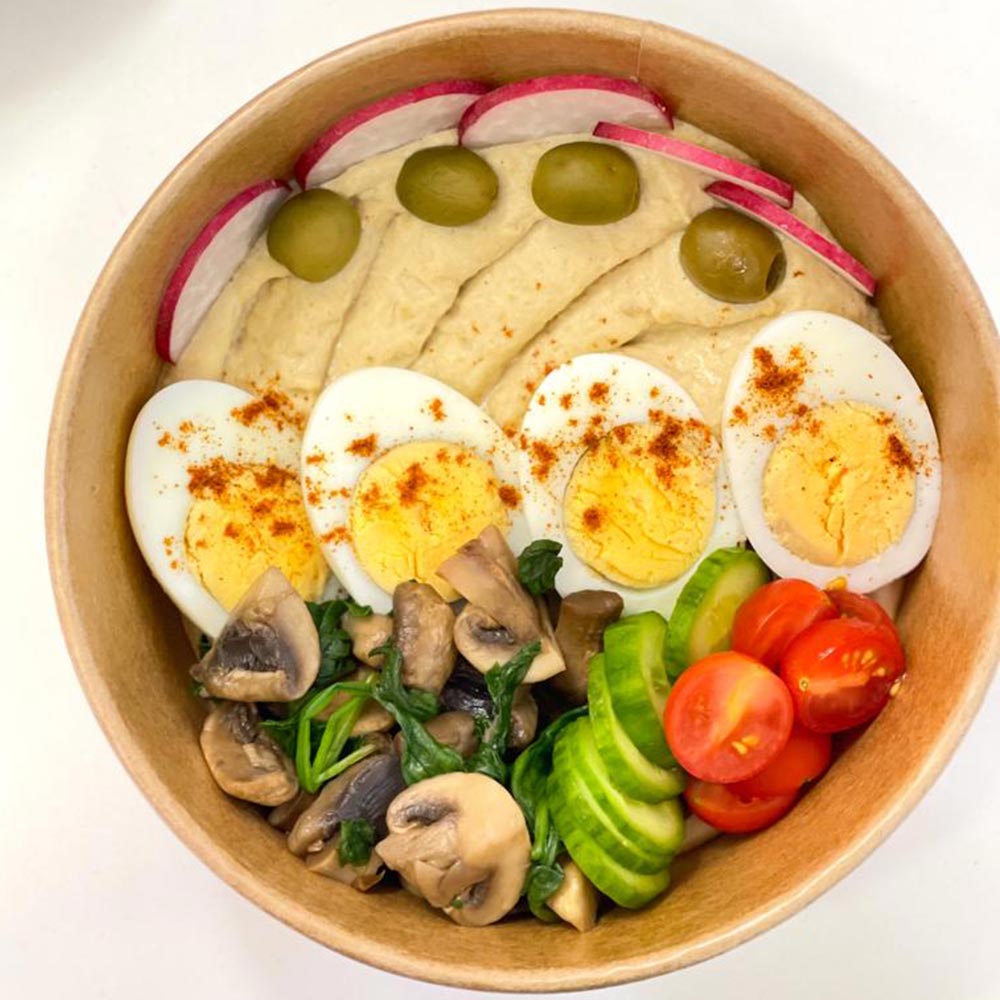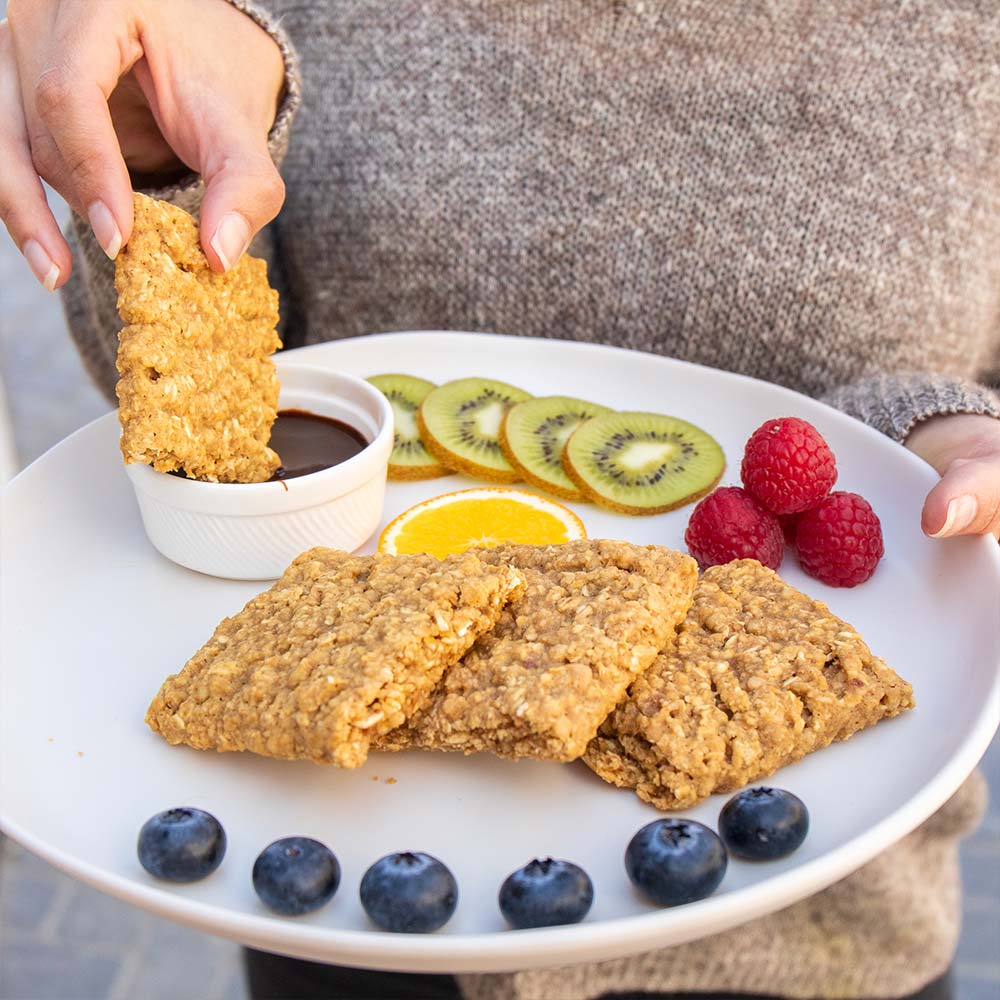Muscle production is such a delicate process that it needs
the right number of calories and nutrients in the food a person takes. When it
comes to a muscle
mass gain diet plan, it is also important to discover specifically how much
calorie consumption is essential for muscle building. This guide focuses on
discovering the real factors defining your calorie requirements helping you
design a diet plan for muscle building.
Understanding Caloric Needs for Muscle Growth
Calories are energy units necessary for the body to
function, including undertaking the necessary activities of constructing new
tissues and repairing muscle tissues. That means we have to increase the amount
of calories consumed beyond the level of calories expended in a day, also
called a calorie surplus if you are serious about getting muscles. But this
should not in any way mean that one should just consume more of everything, it
requires some planning.
Basal Metabolic Rate (BMR) and Total Daily Energy Expenditure (TDEE)
Basal Metabolic rate is the total number of calories you
need to fuel your body at rest, and proper functioning of the heart, lungs, liver,
and other vital organs among other things. Daily energy expenditure that BMR
covers is approximately 60-70% of your daily calorie requirement.
To estimate your BMR, you can use the Mifflin-St Jeor
equation:
1. Men: BMR = 10 * weight (kg) + 6.25 * height (cm) - 5 *
age (years) + 5
2. Women: BMR = 10 * weight (kg) + 6.25 * height (cm) - 5 *
age (years) - 161
Once you've calculated your BMR, you can determine your Total Daily Energy Expenditure (TDEE) by factoring in your physical activity level:
3. Sedentary: BMR * 1.2
4. Lightly Active: BMR * 1.375
5. Moderately Active: BMR * 1.55
6. Very Active: BMR * 1.725
7. Extremely Active: BMR * 1.9
Your TDEE represents the total calories you burn in a day. To build muscle, you'll need to consume more than this amount.
Creating a Caloric Surplus for Muscle Gain
To build muscles well, therefore, you need to consume a
caloric amount of 10-20% over your TDEE levels. For instance, the TDEE
established for you may be 2,500 which means that you ought to take between
2,750 – 3,000 calories per day. This range ensures that your body can derive
the additional calories needed for muscle buildup, yet it doesn’t make you add
more fat than necessary.
Macronutrients for Muscle Building
Calories alone won't ensure muscle gain—you also need the
right balance of macronutrients: and they include proteins, carbohydrates and
fats.
Protein: The Building Block of Muscle
Muscles can only be repaired and built with the help of
protein. The daily protein intake should range between 1.5 and 2.5 gm/kg of
protein for adults who exercise regularly to build muscle mass. This
corresponds to 70 kg x 0.83 = 58 to 104 grams for a 70 kg individual of protein
per day. Examples of high quality are lean meats, fish, eggs, dairy products,
legumes and plant proteins such as tofu and tempeh.
Carbohydrates: Fuel for Workouts
Carbohydrates help in the provision of energy needed in
vigorous exercises. They replenish glycogen deposits which are the energy
source necessary for endurance. It is recommended to take carbohydrates in a
range of 4-7g per kilogram of body weight per day. These include; whole grain
products, fruits, vegetables, and legumes, all of which are rich in complex
carbohydrates.
Fats: Essential for Hormone Production
Proteins need fats for their synthesis including
testosterone the hormone that is responsible for muscle development. The daily
recommended portion size for fat intake should range between 20-30% of the
carbohydrates calories. These foods are avocados, nuts and seeds, olive oil,
and fish, particularly salmon.
Timing and Frequency of Meals
However, the timing and frequency of how muscle mass is
built can also be influenced. The next advice entails that chubby woman should
take their meals and snacks at regular intervals and ensure that they include
protein and carbohydrates in their dieting.
Pre-Workout Nutrition
Taking a carbohydrate and protein-forming meal about 2-3
hours before exercise prepares your body for intense exercise since the
nutrients will be broken down for use during the exercises. For instance, a
meal can be grilled chicken with a breast, a quarter cup of brown rice and
steamed vegetables.
Post-Workout Nutrition
Muscle recovery starts immediately after training, and it is
essential to provide proper nutrition after that. Ideally, protein and
carbohydrates should be consumed about 30 min to an hour following your
exercise session to restore glycogen levels and repair your muscles. An example
of a proper meal taken after training could be a quick protein shake with a
banana or turkey sandwich made with whole grain bread.
Monitoring Progress and Adjusting Caloric Intake
Muscle gains are a slow and steady process and it is recommended that you keep track of your progress and maybe change your calorie intake accordingly. Here are some steps to follow:
1. Track Your Food Intake: Record what you eat and drink by
using a food diary and, if possible, an application on a smartphone. This will
also assist you in maintaining your planned intake of calories and the
macronutrient balance.
2. Measure Your Progress: Learn to weigh yourself
frequently, especially concerning your weight, measurements, and your strength.
Often if you’re not building muscle as quickly as you’d like, it’s necessary to
consume more calories.
3. Adjust as Necessary: If you see the gain in fat become
too rapid, cut your caloric intake probably a bit more. On the other hand if,
your results are that you are not gaining any muscles, then take an extra 100
to 200 calories a day and see the ensuing outcomes.
Potential Challenges and Solutions
The muscle building process is not without its hitches. Here are
some common issues and how to address them:
Struggling to Eat Enough Calories
If you have difficulties consuming enough calories, you can
try to increase the amount of calorie-dense foods in your regular diet. They
include nuts, seeds, avocados, and dried fruits. Smoothies can also be very
effective, especially in a situation where you want to take many calories
because the body is not queasy.
Managing Fat Gain
To some extent, fat gain cannot be avoided when attempting
the bulk-up program, but it is still controllable. Ensure that you incorporate
a lot of strength training sessions and intensely inclined exercises if you are
to avoid adding so much fat without adding muscle mass. Also, make a point to
make sure the foods you’re putting in your system are fresh, healthy foods, not
grease-laden, heavy-calorie-laden processed foods.
Importance of Rest and Recovery
Muscle building doesn’t only occur during the workout but
also during the rest of the resting period. Get about 7-9 hours of sleep every
day so that your muscles will be able to grow by repairing itself. Also, ensure
you have days of rest in your exercise regime so that the body muscles can be
able to regain their form.
Conclusion
Eating for muscle gain also depends on your BMR, TDEE, and
the importance of macronutrients in the body. So, following the proper regime
of eating, checking one’s progress and making changes, a person who tries to
gain mass will be able to achieve this, along with the muscle gain, without
having to put on extra fat at the same time.
Long-term success means that you should stay on track with
your diet, your training, and your recovery. In developing muscles, it is more
of a long-distance race, therefore be patient, document your progress, and
consider making some changes if they are necessary.
This guide will be an all-encompassing plan for one’s muscular
development through a strategic effort put into energy and nutrient
consumption. Following these seven principles will set you on the track to
getting the muscles you have always desired.






























